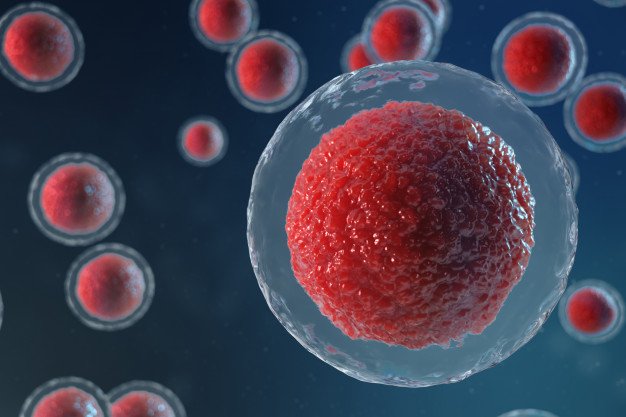
Photo Credit: Freepik
The first births and ongoing well-being of babies born from an advanced assisted reproduction process called CAPA in-vitro oocyte maturation, or IVM, has highlighted the potential of the procedure for millions of women with complex fertility issues including polycystic ovarian syndrome (PCOS).
IVM is a technique to obtain oocytes that are developed in vitro prior to fertilization with sperm in a laboratory with an embryo transferred back into a patient's uterus with the aim of ongoing pregnancy and live birth. A major benefit of IVM is that it requires minimal hormonal stimulation of the ovaries that is a standard protocol in traditional IVF. Hormonal stimulation in IVF can cause a debilitating and potentially life-threatening condition known as ovarian hyperstimulation syndrome, or OHSS, in women with PCOS. IVM is also an option for women of reproductive age facing cancer treatment because conventional IVF hormone treatment can also stimulate cancer cells in estrogen-sensitive cancers.
CAPA-IVM is a relatively new protocol using an advanced culture medium that improves the in vitro development of immature oocytes potentially resulting in a higher number of quality embryos per patient.
At the 10th Congress of the Asia Pacific Initiative on Reproduction (ASPIRE), the latest data on CAPA-IVM births and the health of babies born from the protocol has been presented with encouraging outlooks.
ASPIRE is a unique task force of clinicians and scientists involved in the management of fertility and assisted reproductive technology (ART) throughout the Asia Pacific region. The ASPIRE Congress is being presented in virtual format – https://aspire2021.cme-congresses.com – to fertility specialists in over 100 countries.
IVM had not gained widespread acceptance even though it avoids or minimises controlled ovarian stimulation, reduces medication costs and results in shorter treatment periods with improved psychological burden on patients.
First reported live births resulting from CAPA-IVM with a clinical pregnancy rate per embryo transfer of 63.2 per cent compared with 38.5 per cent from standard IVM. Researchers consider that CAPA-IVM could improve outcomes for particular groups of women, including those with PCOS, who are seeking treatment for infertility.




